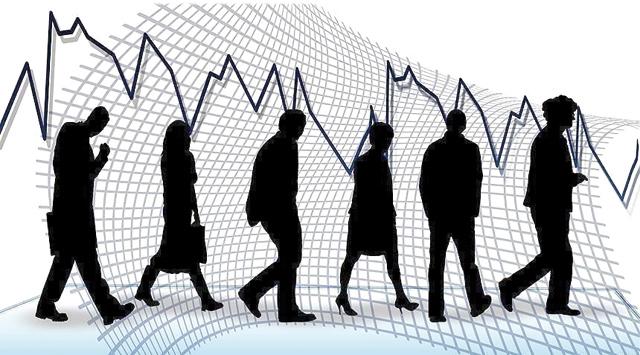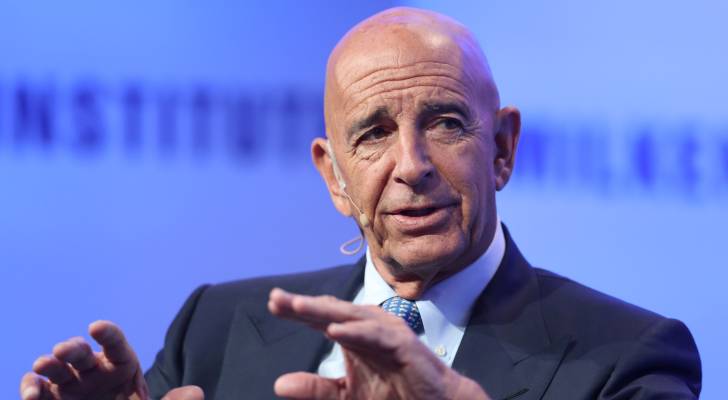Women's empowerment depends not merely on employment — SIGI

The Jordan Times
AMMAN — Jordan's population reached approximately 10.309 million at the end of 2018, 6.768 million of whom are above age 15 and 3.126 million of whom are women, the Sisterhood is Global Institute (SIGI) Jordan cited the Department of Statistics (DoS) as reporting on Wednesday.
SIGI also reported that the population of women above 15 years of age who are active in the labour market only reached 15.4 per cent, while for males it reached 56.4 per cent, meaning that 84.6 per cent of women are economically inactive, compared to 43.6 per cent of men.
The unemployment rate among economically active women and men reached 26.8 per cent and 16.5 per cent respectively by the end of 2018, SIGI reported in a statement, noting that transforming the percentages into figures meant that only 481,000 of the 2.536 million economically active populace were women, of whom 129,000 were unemployed by the end of last year.
Tafileh governorate was ranked first in regards to the rate of unemployment among economically active women in the population, which stood at 40.7 per cent. This was followed by Jerash (35.8 per cent), Ajloun (34.5 per cent), Aqaba (30.8 per cent), Irbid (30.7 per cent), Mafraq (28.7 per cent), Zarqa (28.4 per cent), Maan (25.4 per cent), Madaba (24.4 per cent), Balqaa and the capital (24 per cent each) and Karak (18 per cent).
As for unemployment among men, Madaba was ranked first at 22.8 per cent, followed by Zarqa and Maan (18.9 per cent each), the capital (17.4 per cent), Balqaa (16.9 per cent), Aqaba (16.3 per cent), Tafileh (16.2 per cent), Mafraq (16 per cent), Jerash (15.2 per cent), Ajloun (15 per cent), Karak (14.4 per cent) and Irbid (12.6 per cent).
Approximately 146,000 women work in the public sector while 191,000 women work in the private sector, SIGI reported, adding that 1,355 women work in international organisations.
The institute also noted that now women's work is aimed mainly at stimulating the economy and not on enabling women to achieve economic independence.
"The goal has shifted in many cases where husbands have started to depend on their wives' income, especially when they themselves are not working," the statement said, adding that those husbands also refrain from helping with house hold chores despite being unemployed.
Therefore, SIGI pointed out, women's economic empowerment does not merely depend on their involvement in the economy but rather extends to giving them the autonomy of freely spending their money for their futures and the futures of their families and children.
Latest News
-
 'Israeli' cabinet to discuss partial deal, temporary ceasefire: Hebrew media
'Israeli' cabinet to discuss partial deal, temporary ceasefire: Hebrew media
-
 US envoy urges Syria, Lebanon to pursue peace with 'Israel'
US envoy urges Syria, Lebanon to pursue peace with 'Israel'
-
 “We will make the Middle East Great Again,” says Netanyahu thanking Trump
“We will make the Middle East Great Again,” says Netanyahu thanking Trump
-
 Iran demands UN recognise 'Israel', US 'responsibility' for war
Iran demands UN recognise 'Israel', US 'responsibility' for war
-
 'Israeli' army says it assassinated Hezbollah intelligence official
'Israeli' army says it assassinated Hezbollah intelligence official